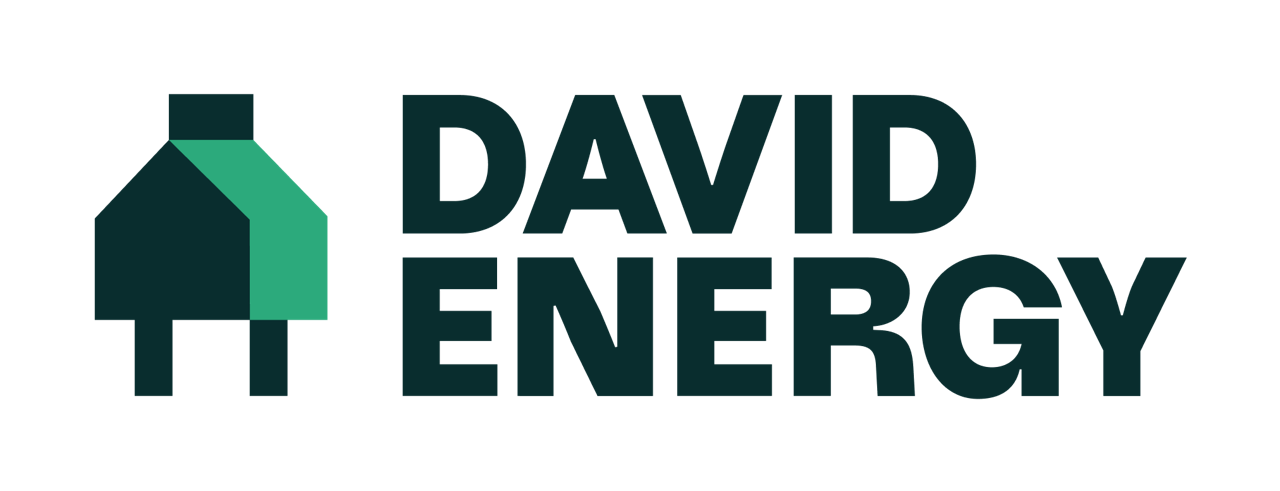Purchasing Energy Futures
In the futures market, energy is purchased through standardized contracts known as futures contracts. These contracts allow buyers and sellers to agree to buy or sell a specified quantity of a particular energy commodity at a predetermined price on a future date.
Here's how the process generally works:
Contract Specification: Futures contracts for energy commodities such as crude oil, natural gas, electricity, and refined products are traded on commodities exchanges like the New York Mercantile Exchange (NYMEX) or the Intercontinental Exchange (ICE). Each futures contract has specific details, including the commodity being traded, contract size (quantity), delivery location, delivery date or expiration date, and tick size (minimum price movement).
Market Participants: Market participants in the energy futures market include producers, consumers, traders, speculators, and hedgers. Producers and consumers of energy commodities may use futures contracts to hedge against price fluctuations, while traders and speculators aim to profit from price movements by buying low and selling high without intending to take physical delivery of the commodity.
Order Placement: Buyers and sellers place orders through their brokers or trading platforms to buy or sell futures contracts at a specified price. These orders are matched electronically on the exchange's trading platform based on price and time priority.
Margin Requirements: To trade futures contracts, participants are required to deposit an initial margin with their brokers, which serves as collateral to cover potential losses. Additionally, maintenance margin may be required to ensure that the account maintains a minimum level of equity relative to the margin.
Price Discovery: Prices of energy futures contracts are determined through the process of price discovery, which reflects the collective expectations and perceptions of market participants regarding supply and demand fundamentals, geopolitical events, economic indicators, weather forecasts, and other factors affecting the energy market.
Settlement: Most energy futures contracts are cash-settled, meaning that physical delivery of the underlying commodity rarely occurs. Instead, positions are closed out before the expiration date, and profits or losses are settled in cash based on the difference between the contract price and the market price at expiration.
By providing a transparent and efficient mechanism for price discovery and risk management, the futures market plays a vital role in facilitating price hedging, price transparency, and liquidity for participants in the energy industry.
